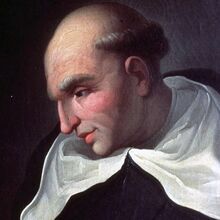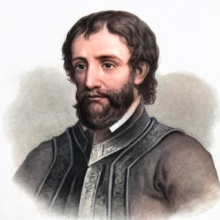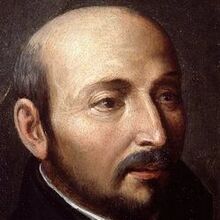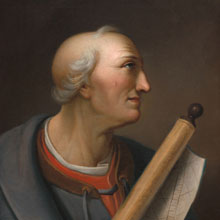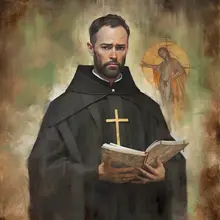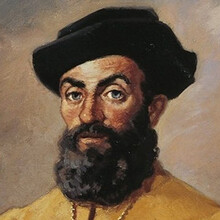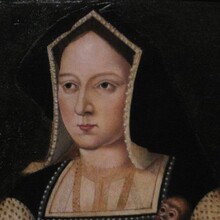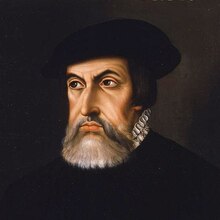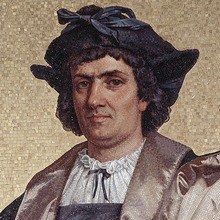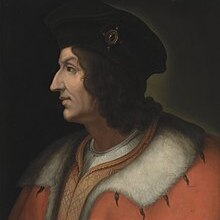
Personal
Other names:
The Great Captain
El Gran Capitán
Job / Known for:
Military leader in the Conquest of Granada
Left traces:
Reformed the Spanish army and introduced
Born
Date:
1453-09-01
Location:
ES
Montilla, Córdoba
Died
Date:
1515-12-02 (aged 62)
Resting place:
ES
Monastery of San Jerónimo, Granada
Death Cause:
Malaria
Family
Spouse:
María Manrique de Lara y Figueroa (m. 1489)
Children:
Elvira Fernández de Córdoba y Manrique (b. 1490), Luis Fernández de Córdoba y Manrique (b. 1492), Gonzalo Fernández de Córdoba y Manrique (b. 1494)
Parent(s):
Pedro Fernández de Córdoba, Count of Aguilar and Elvira de Herrera y Enríquez de Mendoza
QR Code:
 My QR code:
Gonzalo Fernandez de Cordoba
https://DearGone.com/11133
My QR code:
Gonzalo Fernandez de Cordoba
https://DearGone.com/11133
Key Ownner:
Not yet supported by key owner
Show More
Rank
Users ranking to :
Thanks, you rate star
Ranking
5.0
1
Fullname
Gonzalo Fernandez de Cordoba
Slogan
The more you sweat in peace, the less you bleed in war.
About me / Bio:
Show More
Article for Gonzalo Fernandez de Cordoba
Died profile like Gonzalo Fernandez de Cordoba
Comments:
